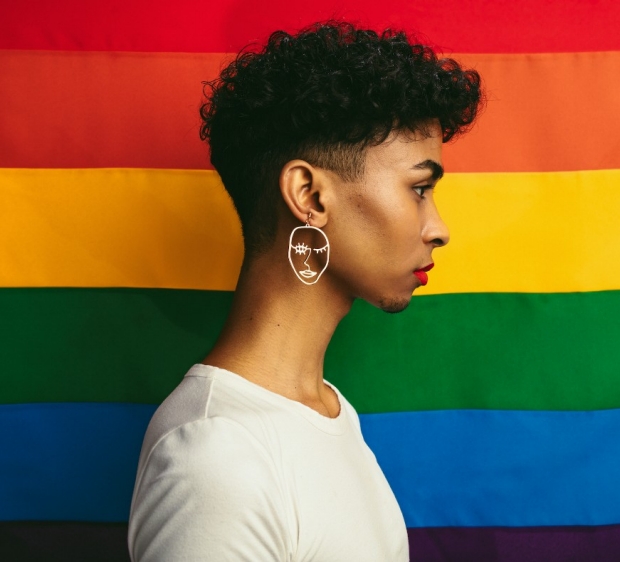In a recent podcast discussion, a question was posed that touches on a deeply complex and sensitive issue: does a transgender person have a moral or ethical obligation to disclose their transgender status to a potential sexual partner before engaging in sexual relations? The hosts responded with a nuanced “no,” highlighting not only the absence of such an obligation but underscoring the significant safety concerns for transgender individuals, especially transgender women of color, due to prevalent transphobia and the risk of violence.
This issue of disclosure involves multiple layers of ethical, social, and personal considerations. On one hand, the question of safety is paramount. The fear of transphobic violence is not unfounded; numerous cases have been documented where the mere revelation of a person’s transgender status has led to severe consequences, including physical harm. Thus, the decision not to disclose can be a protective measure, guarding against potential prejudice and aggression.
However, the discussion also taps into broader societal and cultural narratives about gender, identity, and relationships. Consider the hypothetical scenario of a young man, raised in a religious household with traditional values—education, employment, marriage, and family. What happens when he discovers that his partner, whom he perceives as a woman, was assigned male at birth? This revelation might confront his understanding of gender, sexuality, and even his own identity, raising profound questions about honesty, compatibility, and expectations within relationships.
The scenario underscores not just personal but legal and societal double standards. While laws protect the rights of transgender individuals to live without discrimination, there remains a contentious debate about whether there should be legal or ethical guidelines governing disclosure in intimate relationships. Critics argue that the current framework does not equally protect all parties involved, particularly heterosexual individuals who might feel deceived about their partner’s gender history.
Furthermore, the conversation veers into the contentious territories of biological and gender identity debates. Statements from individuals refusing to adopt terms like “cisgender” highlight a resistance to the evolving language around gender. In societies that hold strong religious or traditional values, these changes can clash with longstanding beliefs, creating not just legal contradictions but cultural and moral conflicts as well.
In this complex dialogue, it is crucial to navigate these issues with sensitivity, recognizing the rights and dignity of all individuals involved. It’s a reflection of our evolving understanding of gender and identity, urging us to think critically about inclusivity, respect, and the human right to personal safety versus the desire for transparency in intimate relationships. As the world becomes more aware of and sensitive to these issues, it becomes imperative for both policy and societal norms to adapt, ensuring fair and respectful treatment for everyone, irrespective of their gender identity.
